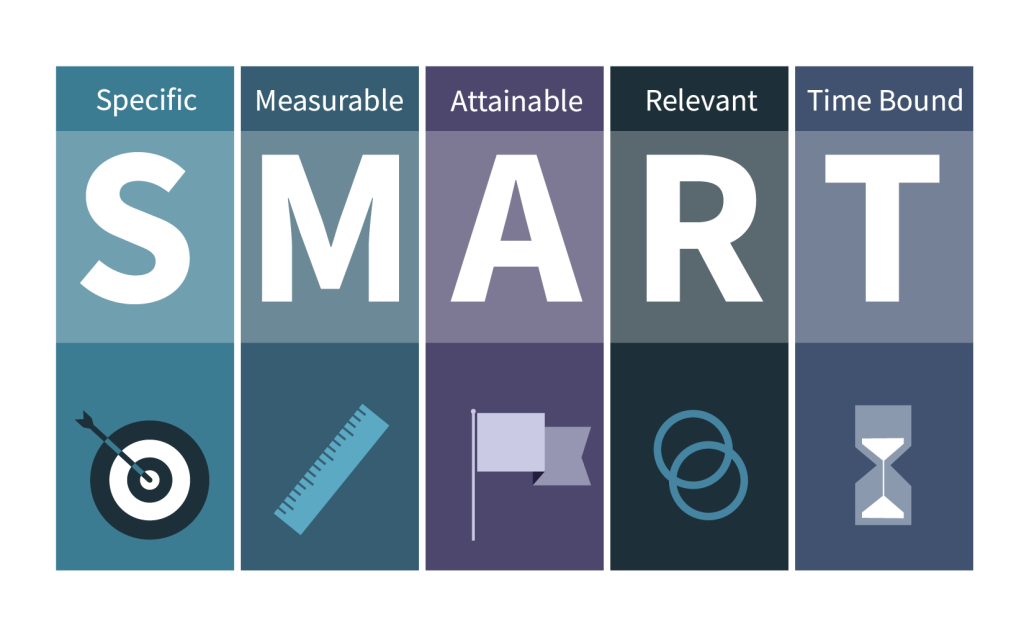3.2 College of Early Childhood Educators: Mentorship and Supervision
Noah King and Rhea Terry
Video: “Standard IV: Learning through Mentorship” by College of Early Childhood Educators / Ordre des éducatrices et des éducateurs de la petite enfance [2:54] is licensed under the Standard YouTube License.Transcript and closed captions available on YouTube.
Key recommendations for Agency Mentors in developing strong relationships in the classroom with students include:
Establish Clear Expectations
Orient Students with the Early Years Agency
As a mentor, it is important to help guide and facilitate the journey of the student. This includes assisting them in understanding key details such as the classroom routines, children’s allergy lists, and daily operations. By working closely with your student, you can better understand their strengths and areas that may require additional support.
Be Approachable and Supportive
Build Trust
Show appreciation for student’s perspectives and create a safe space to engage in transparent, honest communication. This will help them to feel more comfortable sharing their thoughts and feelings within the field placement and will ultimately lead to a more open and supportive relationship.
Provide Consistent Feedback
Regularly checking in and engaging in conversation about successes and areas for growth fosters students’ feelings of being supported and guided through their practicum experience. Feedback should be timely, specific, and actionable while providing future opportunities for students to strengthen their skills in the specified area.
In addition to providing guidance and support for the student, a good mentor should be able to help the student be self-directed. Provide opportunities for students to allow them to take charge and have more control of their learning in your mentor relationship with them. Part of this requires you to have open and honest conversations with the students and to allow them to choose where their field placement experience goes (Think of this as a co-learner relationship instead of as a director providing all of the answers).
S.M.A.R.T. Goals

Throughout the ECL program, students are encouraged to develop SMART goals for their practicum experiences. These SMART goals are related to the Practicum Course Learning Outcomes.
What is a SMART goal criteria?
- S = Specific (detailed, exact, precise, explicit, definite – Who is involved, What you will accomplish, why purpose/benefit to accomplishing this goal?)
- M = Measurable (quantifiable, assessable, computable, i.e. Action/Item; How will you achieve this goal)
- A = Attainable (possible, achievable, manageable, within reach; Do you have the skills/resources, capacity and attitude to achieve the goal)
- R = Realistic (reasonable, practical, doable; Consistent with learning needs & applicable to intern role – Whole Leadership framework skills)
- T = Timely (deadline, target, time limit, end date; Identify realistic timeline and deadlines for goals, i.e. mid-July)
Example: Smart Goal
The student will develop SMART goals with the support of the Agency Mentor and Faculty Advisor, which clearly relate to each of the Practicum Course Learning Outcomes (CLO).
Below is an example of how to write a SMART goal related to a CLO.
Course Learning Outcome
Student Internship SMART Goal
- Specific: I will apply my professional knowledge of outdoor play pedagogy (what) to support educators (who) in outdoor play programming to support engagement and well-being (why/purpose).
- Measurable: Create and present a PD event for staff.
- Attainable: I have a special interest in outdoor play and children’s connections to nature. My agency is interested in enhancing this pedagogical tenet, and I have completed one academic paper in the HBECL program on nature play, supporting the four foundations.
- Realistic: This allows me to develop various Pedagogical Leadership skills such as communication, mentoring, and team building skills.
- Timely: PD for educators will take place by the end of July.
My Smart Goal for Learning Outcome 2 (2 to 3 sentences):
This three-sentence goal will be used for mentor feedback:
I will apply my professional knowledge of outdoor play to develop and deliver a PD for educators to enhance competency and build collaborative discussions around outdoor play. I have a passion for the outdoors and have written one academic paper on this topic. This connects to Pedagogical leadership, where I will practice competencies such as communication, mentoring, and team building. This goal will be completed at the end of July.
Video: “Five Rules of Goal Setting: How to set SMART Goals” by MindToolsVideos [2:40] is licensed under the Standard YouTube License.Transcript and closed captions available on YouTube.

